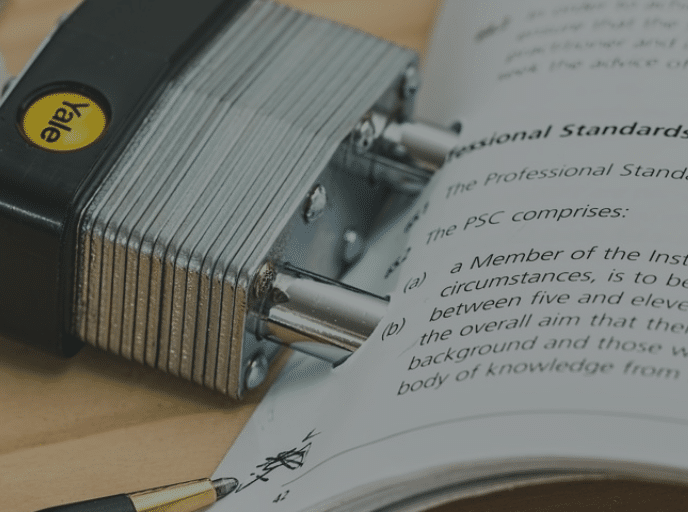In conference interpreting, a strict respect for professional secrecy is required. However, in view of its complexity, it is often left to personal interpretation.
AIIC, International Association of Conference Interpreters, submits all its members to a Code of ethics, which they undertake to respect and to implement scrupulously.
This code invites interpreters to adopt a responsible attitude while exercising their profession and offers clients the guarantee of a job done with professionalism and ethics. On the duty of confidentiality, it stipulates that:
“ a) The members of the Association must complete work in absolute secrecy. It must be observed with respect to anyone and everything that has been learned in exercising the profession in non-public meetings.
b) It is forbidden to make a personal profit from any confidential information that has been received in the exercise of their function as interpreter.” Basic Texts. “Code of professional ethics”. aiic.net. 26/02/2014.
In conference interpreting, a strict respect for professional secrecy is required. However, in view of its complexity, it is often left to personal interpretation.
The Definition
The duty of confidentiality means that it is prohibited to divulge to anyone any information learnt during a private meeting. This principle must be respected before, during and after the event and until the interpreter’s death.
Disclosure covers any declaration or document made available to the interpreter and constitutes the act of sharing them, voluntarily or not, with a third party, whether they are a journalist, a colleague or a loved one. Through oral or written, the disclosure of highly confidential items is punishable by severe penalties and they will be the object of aggravating circumstances if the offender makes a profit.
This rule applies to all conferences held behind closed doors. It is the responsibility of the event organizer to invite the press or publish a report if they wish to issue a public statement.
As it happens with translation services, conference interpreting must adhere to a Code of ethics, otherwise their services would be not be relevant. The terms of the contract must be respected to the letter because, in case of a breach, the interpreter can be prosecuted and face severe sanctions.
What is at stake?
Even if some clients pay more money than others, everything must be treated with the same rigor. Indeed, information can seem incidental, but can be full of meaning. Beyond the content, the place, the date or the participants of a conference are also confidential. For example, to confirm or deny the presence of a leader is already a sizable amount of information. In addition, it goes without saying that publishing photos of a figurehead on social networks characterizes a serious violation of confidentiality.
In order to protect themselves, some institutions require their workers to follow strict archives consultation policies and do not hesitate to make them sign a specific contract. The rules are so strict that during conferences, interpreters may not have internet connection in the booth and may be required to consult the institution’s computers to prepare for sessions.
The interpreter juror
The translators and interpreters jurors serve as vehicles for communication between the accused and their lawyer and agree not to divulge any information which has not been made public. Their case is special because they have to deal with client’s private life on a daily basis and must exercise discretion in order to protect the parties involved. Similarly to conference interpreting, translators and interpreter jurors do not discuss a case outside of court.
In general, the golden rule is to never divulge acquired information as part of the job. In addition, remember that you are in no way obligated to accept a job if you do not agree with the message it sends. Finally, the respect for this duty requires common sense and a professional conscience. Don’t forget that by respecting ethical rules of your client, you will gain their trust.
Translation into English: Chloe Findlay
Discover our interpreting services.



